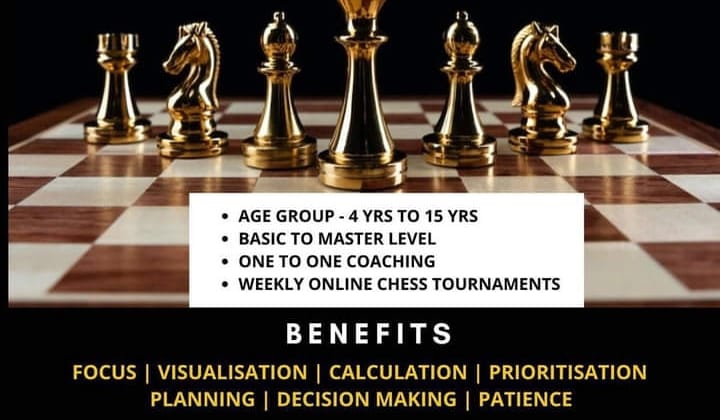Learn Chess Opening Principles
Control The Center: Put your pieces in the ideal position to control the most important part of the board—the center. Try to attack those squares, e4, d4, e5 and d5 early in the game. If you can control those squares, your opponent won't be able to find good squares for his or her pieces.
Develop Your Pieces: Take control of the game by developing your pieces rapidly to squares where they control the center. You want to develop your knights and bishops and castle quickly. Once you've done that, it's time to move the queen and connect the rooks. This is a great goal for the opening.
Protect Your King: King safety is the most important positional factor in chess. Usually, the best way to secure your king is to castle. That way you can use your center pawns to fight for the center, but keep your side pawns back to protect the king in a castled position. Another great aspect of castling is that it helps your rook fight for the center.
Active Pieces: An active piece has the potential to make many moves. At the start of the game, most pieces can't move at all, and the knights can only move to two squares each. The best way to get pieces active is to move them towards the center of the board.
Your Opponent's Move: It’s important to pay attention to what your opponent is trying to do each turn. You want to watch out for any checks, captures, or threats that the opponent might make. Those are the moves that are likely to get you in trouble if you don’t see them coming. Sometimes your opponent will make more than one threat, and you’ll want to find a move that defends everything, so take your time to look at multiple ideas.
Phases Of The Game: Chess games typically feature three phases. The opening is when each side focuses on developing their pieces from the back rank. Once most pieces are developed we reach the middle-game, where both sides attempt to improve their positions and still have most of their pieces. If no one has won yet, the game enters an endgame where each side has just a few pieces and most likely players will try to promote a pawn and then checkmate.
Reference: chess.com






No comments:
Post a Comment